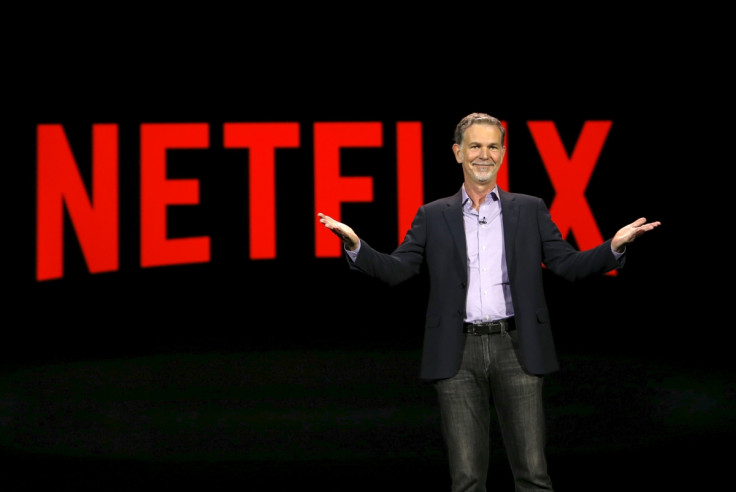Netflix VPN ban: 45,000 people petition TV and movie-streaming service to reverse policy

An online petition signed by more than 45,000 people is calling on Netflix to stopping blocking users who access its services using virtual private networks (VPNs) in order to protect their privacy.
The petition was started by digital-rights advocacy group OpenMedia, which sent a letter to Netflix CEO Reed Hastings on Wednesday (11 May 2016) asking the company to stop penalising innocent VPN users in order to prevent others from using VPNs to hide their locations in order to gain access to content that is not available in their region. At the time of publication, the petition had received 45,255 signatures.
"VPNs are one of the best and most accessible tools that Internet users have to protect our privacy. Whether it's from malicious criminal activities, government surveillance and censorship, or simply connecting to a weakly secured hotel Wi-Fi system, our personal and private digital information is constantly being put at risk and made vulnerable online," Laura Tribe, OpenMedia's digital-rights specialist wrote in the letter.
"In countries without net neutrality protections, video streaming is being throttled by Internet service providers. Under repressive governments, immense quantities of content are being blocked by governments trying to control what their citizens can and cannot access. And in ALL countries around the world, the very structure of the Internet exposes each of us to incredible threats to our private and personal data, which we must take care to protect."
OpenMedia's petition was started following Netflix's most recent earnings announcement on 18 April, where Hastings told investors: "[VPN users are] a very small but quite vocal minority. So it's really inconsequential to us, as you could see in the Q1 results."
Netflix focused on defeating pirates and cheats
Following threats made 2015, in January this year Netflix announced that it would be taking action to prevent users from using VPNs to try to cheat the TV and movie-streaming service so that they could access content on the US Netflix service, since the US catalogue is much bigger than the catalogues offered in other countries due to licensing agreements.
"The VPN scenario is someone who wants to pay and can't quite pay. The basic solution is for Netflix to get global and have its content be the same all around the world, so there's no incentive to [use a VPN]. Then we can work on the more important part, which is piracy," Hastings told Gizmodo Australia in April when Netflix launched in Australia.
"The key thing about piracy is that some fraction of it is because [users] couldn't get the content. That part we can fix. Some part of piracy, however, is because they just don't want to pay. That's a harder part. As an industry, we need to fix global content."
It is clear that Netflix isn't thinking about privacy, or perhaps it feels that proxy technology can be too easily used by those who are up to no good.
As the Netflix-VPN debate has raged in the past 12 months, many users have said online that if it is too difficult and expensive to access the content they want to watch, they will happily go back to online piracy, especially as many countries do not yet have a tough stance on illegal downloading.
© Copyright IBTimes 2024. All rights reserved.






